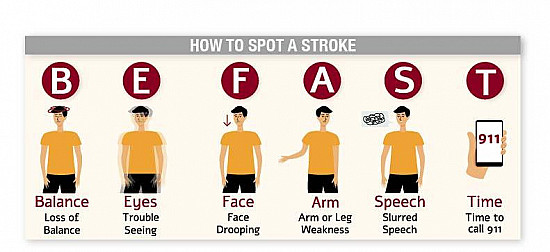Diets rich in flavonoids linked to better brain health
Research we're watching
 Eating more foods such as peppers, oranges, and grapefruits might be good for your brain. A study published online July 28, 2021, by the journal Neurology found that people whose diets were high in a specific type of plant chemicals called flavonoids, found in such foods as pears, citrus juices, and strawberries, were less likely to report noticing instances of confusion or memory loss, which the study’s authors referred to as subjective cognitive decline.
Eating more foods such as peppers, oranges, and grapefruits might be good for your brain. A study published online July 28, 2021, by the journal Neurology found that people whose diets were high in a specific type of plant chemicals called flavonoids, found in such foods as pears, citrus juices, and strawberries, were less likely to report noticing instances of confusion or memory loss, which the study’s authors referred to as subjective cognitive decline.
The researchers discovered this link after following 49,493 women and 27,842 men from two large public health studies, specifically looking at their intake of dietary flavonoids as reported on dietary questionnaires. They calculated average intake of flavonoids and found that people who ate the most total flavonoids had the lowest odds of subjective cognitive decline compared with those who ate the least, after adjusting for other factors, such as age, that can affect risk of cognitive changes.
Image: © Anekcen Onnatob/Getty ImagesAbout the Author

Kelly Bilodeau, Former Executive Editor, Harvard Women's Health Watch
Disclaimer:
As a service to our readers, Harvard Health Publishing provides access to our library of archived content. Please note the date of last review or update on all articles.
No content on this site, regardless of date, should ever be used as a substitute for direct medical advice from your doctor or other qualified clinician.
















